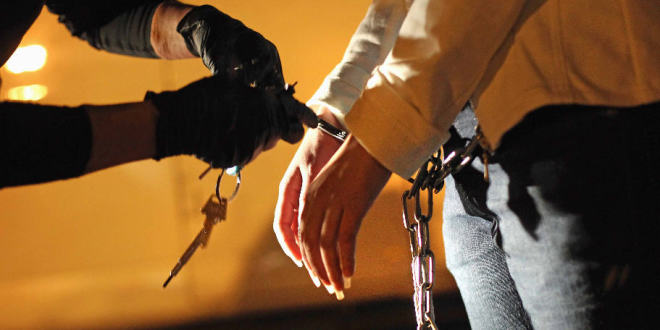Face it, sometimes there are jobs that very few people would be comfortable doing. In many of these cases we should be grateful for the individuals that choose these careers, this is especially true for the men and women involved in crime scene investigation. Through the use of forensic science and other procedures, these investigators have work days dealing with homicides, suicides, and other forms of death on a daily basis.
Unlike the visuals that viewers get on popular television shows, often times crime scene investigation is a long and drawn out process, involving numbers testing methods and hypothesis checks. These different things are all blended together to achieve the goal of the investigator: ensuring justice is maintained through finding the person who committed the crime.
Most common tests include things such as dusting for fingerprints and performing blood tests. These are quick tests that allow investigators to get a general idea of who was in the general area and how long ago. Other DNA based tests similar to blood tests are those urine, sperm, and hair tests. More often than not, solid evidence here can make or break a case against a suspected criminal.
These tests are most often done in the lab, with the investigator excluded from the whole event. In the mean time, the crime scene investigator will perform a variety of other tasks. These can include things like taking pictures of almost everything in the area where the event in question occurred. Every detail, no matter big or small, may assist them in developing their case later on so this step is vital.
Documentation is also a must, and investigators must possess very strong written skills. What they write down is just as important as a photograph or DNA test. Many cases have came down to seemingly useless facts that the investigator happened to write down. In this sense, crime scene investigation is one of the most detail oriented (and sometimes most gruesome!) jobs one could have.
 Mind Gem
Mind Gem

